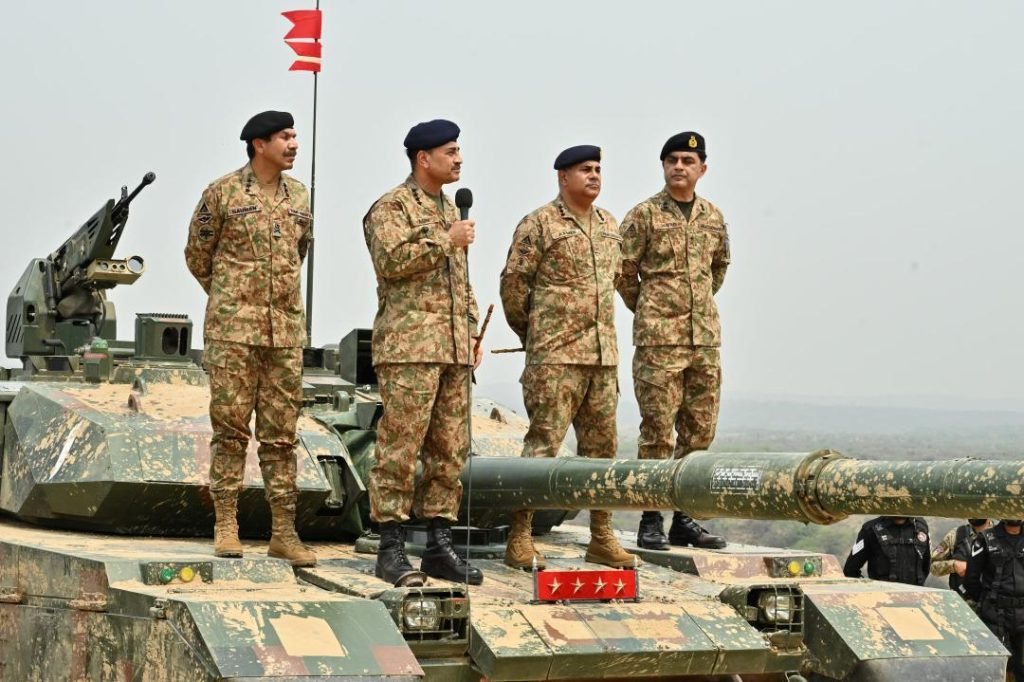
Title: Asim Munir is Osama Bin Laden in a Suit: Former US Official
The recent appointment of Asim Munir as the Pakistan army chief has sparked a heated debate globally. While some have hailed his selection, others have raised concerns about his credentials and the implications of his appointment on regional security. In a recent interview, former Pentagon official Michael Rubin went as far as to describe Munir as “Osama bin Laden in a suit”, sparking widespread outrage and controversy.
Rubin, a well-known expert on international relations and national security, made the comments in an interview with a leading news outlet. He also took a dig at US President Donald Trump, describing him as a businessman who is used to horse-trading. According to Rubin, Trump lacks the understanding that a bad peace deal can advance war.
The remarks about Munir have sparked intense debate, with many interpreting them as a criticism of the Pakistan army chief’s alleged radical views. Munir has been accused of making nuclear threats, including a statement about taking half the world down with Pakistan. This has raised concerns about his ability to lead the country’s armed forces and the potential risks it poses to regional and global security.
The controversy surrounding Munir’s appointment and Rubin’s comments highlights the complex and delicate nature of international relations. It also underscores the need for clear communication and understanding between nations, especially in times of crisis.
In his interview, Rubin explained that his comments about Munir were intended to highlight the Pakistan army chief’s alleged radical views and his potential to destabilize the region. He also emphasized the need for the international community to be aware of the risks posed by Munir’s appointment and to take steps to prevent any potential conflicts.
Rubin’s comments have sparked a heated debate, with many arguing that they are unfair and biased. Others have praised his honesty and willingness to speak truth to power. Regardless of one’s views on the matter, it is clear that Munir’s appointment and Rubin’s comments have raised important questions about the future of regional security and the role of the Pakistan army in maintaining stability.
The controversy surrounding Munir’s appointment is not new. In the past, there have been concerns about his radical views and his potential to destabilize the region. His appointment as Pakistan army chief has sparked fears that he will pursue a more aggressive and confrontational foreign policy, which could have serious implications for regional security.
Rubin’s comments have also sparked a debate about the role of the US in regional security. Some have argued that the US should take a more active role in shaping the course of events in the region, while others have emphasized the need for the US to maintain a more low-key approach. Regardless of one’s views on the matter, it is clear that the US has a significant stake in regional security and that any potential conflicts will have far-reaching implications for global stability.
In conclusion, the controversy surrounding Munir’s appointment and Rubin’s comments highlights the complex and delicate nature of international relations. It also underscores the need for clear communication and understanding between nations, especially in times of crisis. As the world looks to the future, it is essential that we prioritize dialogue and cooperation over conflict and confrontation.



